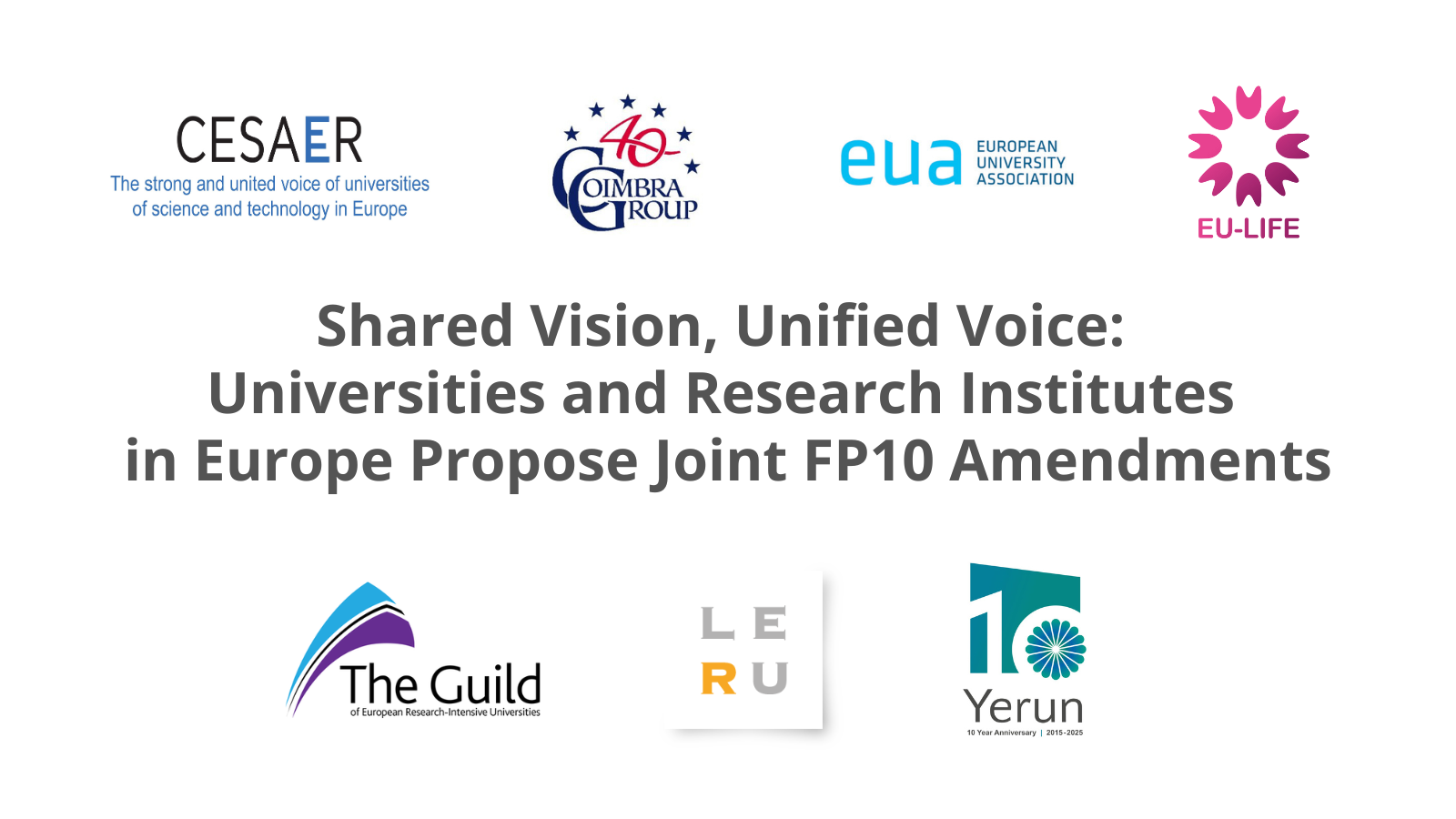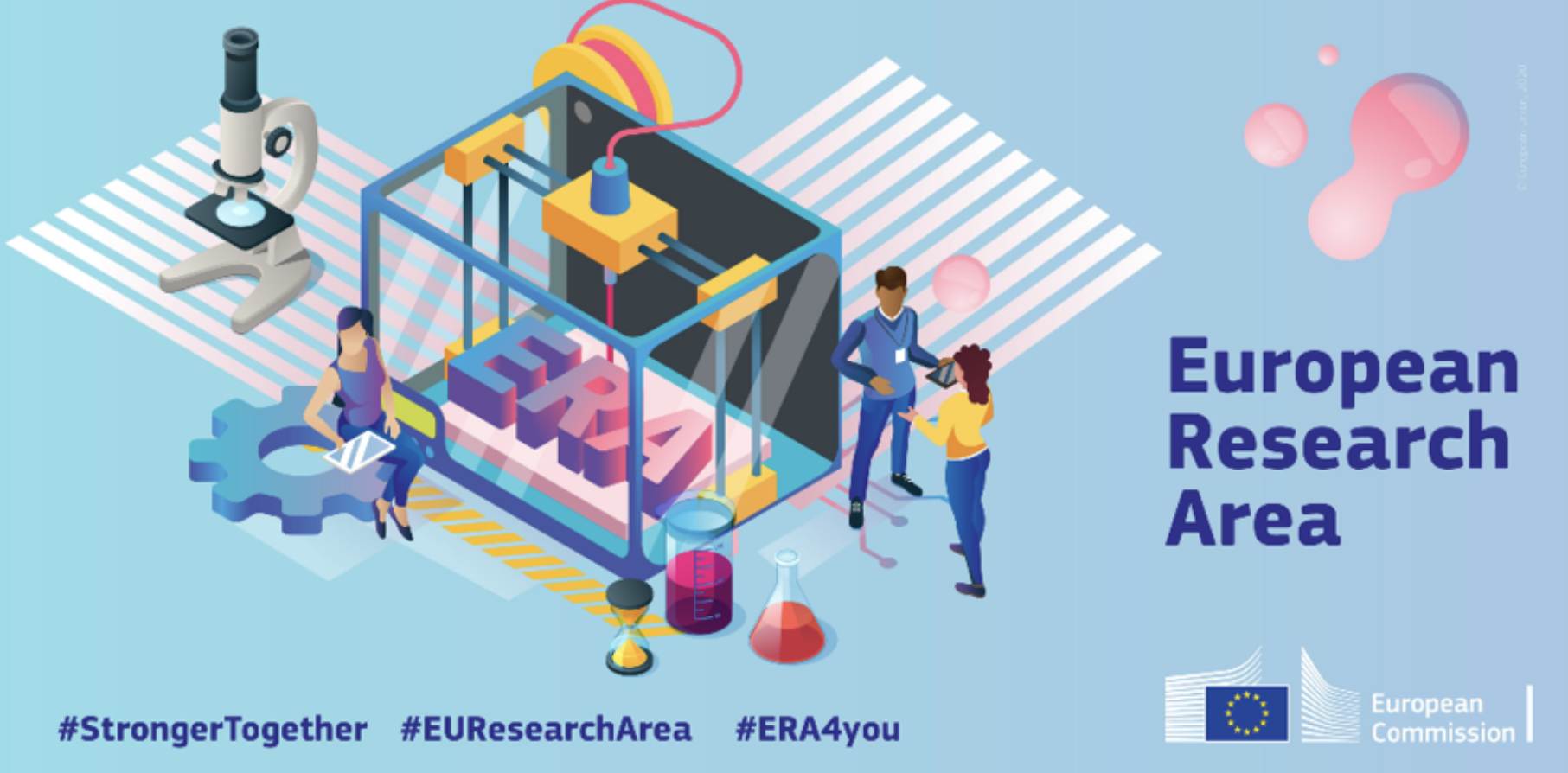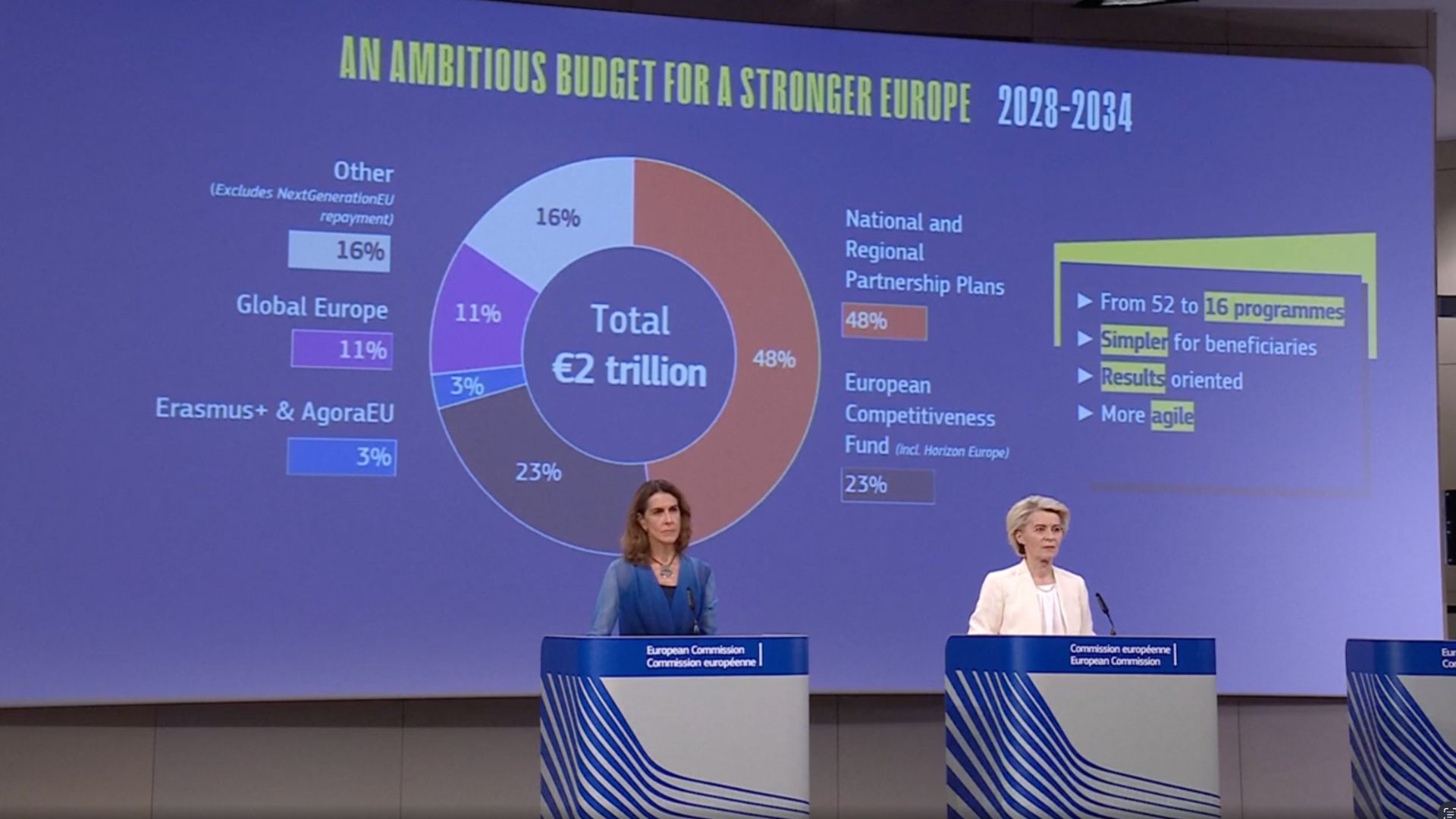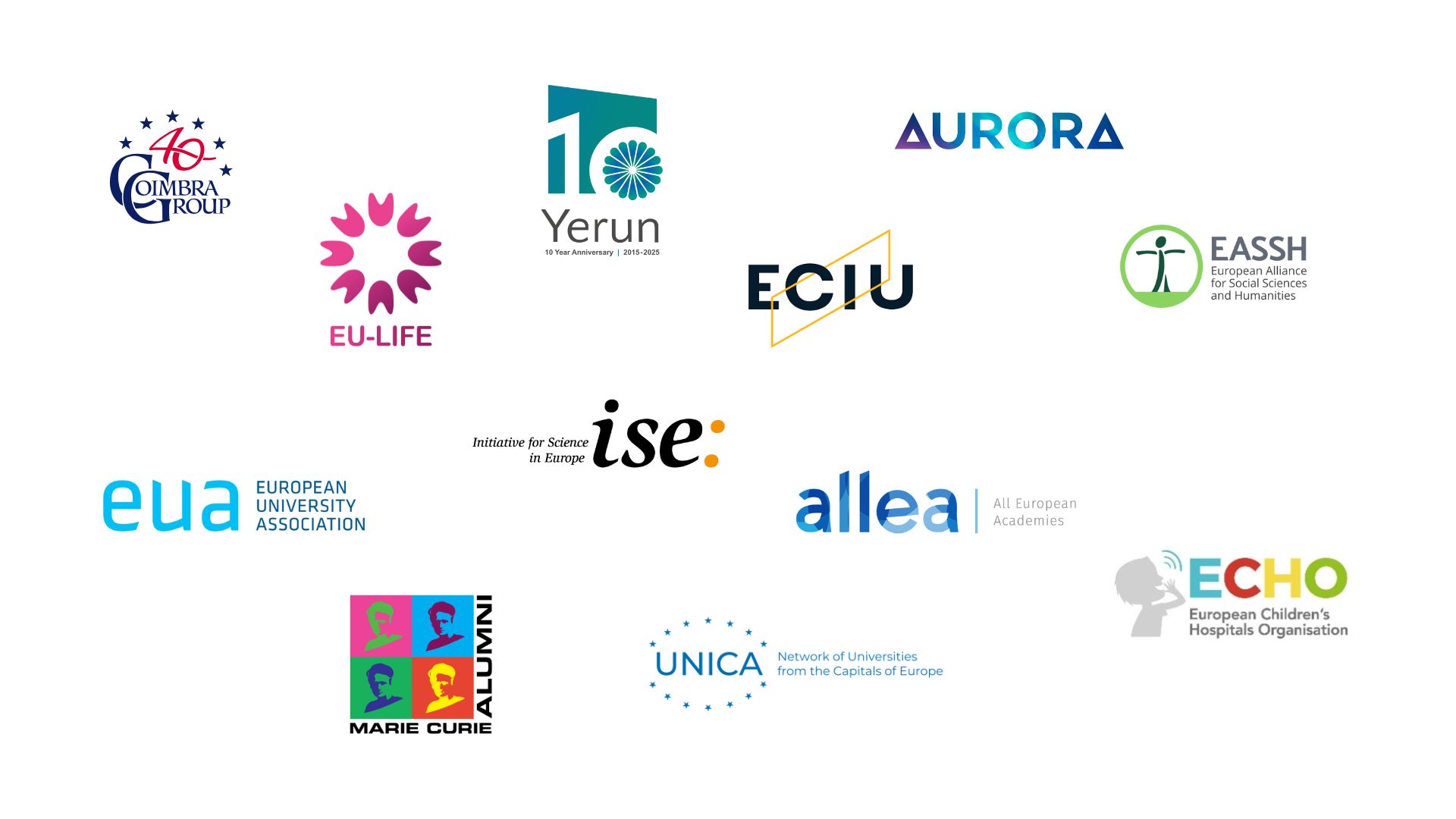The new Union of Skills, set to launch in early March, has the potential to be a transformative initiative for the European Union, strengthening education, skills, and overall competitiveness. This initiative aligns with Letta Report’s proposal for a new European Fifth Freedom, focused on the free movement of knowledge and skills, and highlights universities as key drivers of Europe’s economic strength.
Universities recognise that global competitiveness is at a pivotal moment, particularly for Europe. In an era of rapid technological advancements, shifting geopolitical and economic landscapes, and intensifying competition, higher education institutions serve as engines of progress. They are the primary spaces for developing top-tier talent, driving innovation and entrepreneurship, and ensuring Europe’s ability to compete globally. Research and innovation (R&I), is intrinsically linked to education, and without sustained investment in highly skilled individuals, Europe risks falling behind in creating and exploiting future-proof industries that will shape the next generation of economic growth. Universities already have the infrastructure, expertise, and networks to maximise the impact of a Union of Skills, fostering interdisciplinary collaboration and equipping learners with the skills needed to tackle global challenges.
YERUN, with 24 young research universities across Europe, exemplifies institutions that are prepared and agile in developing a Union of Skills. Young universities are uniquely positioned to contribute to the Union of Skills due to their adaptability and forward-thinking approach, which is crucial for addressing emerging challenges in education and workforce development.
“One aspect that deserves particular emphasis is the regional dimension of young universities. Their research and educational programmes directly address local and regional labor market needs, strengthening social and economic cohesion. Deeply embedded in their regions, young European universities play a key role in connecting global knowledge with local challenges, making them vital hubs of innovation and development.” Prof. Adam Kola, YERUN Vice President and Vice Rector for Research at Nicolaus Copernicus University in Toruń
YERUN’s latest paper identifies five key recommendations to strengthen and sustain the Union of Skills:
- Europe’s competitiveness requires high-quality Skills, those that enable individual to be innovative and creative to challenge the status quo.
- The Union of Skills needs to incorporate the crucial Role that Social Sciences, Humanities and Arts (SSHA) play alongside STEM and VET
- Focusing on skills only will not solve the problem. There are persistent barriers in mobility and recognition of skills and qualifications across Europe.
- For a sustainable Union of Skills, learners, and not just economic benefits, need to be at the centre of the initiatives
- A sustainable, coordinated and resourced approach to Skills Policy. Reshuffling ongoing initiatives and putting them together is not the right solution. Coordination, flexibility and investments are needed to build the Europe’s Union of Skills.
“If we aim to be more innovative, as referenced by Draghi, the skills we cultivate must go beyond meeting today’s employer demands. Adaptability alone is not enough—we must also be able to drive change. Without this, others with a disruptive mindset and the necessary skillset will take the lead. This means that viewing higher education purely as a means to serve immediate labor market needs is the opposite of what is required to regain competitiveness.” Prof. Dag Rune Olsen, YERUN President and Rector of UiT The Arctic University of Norway










